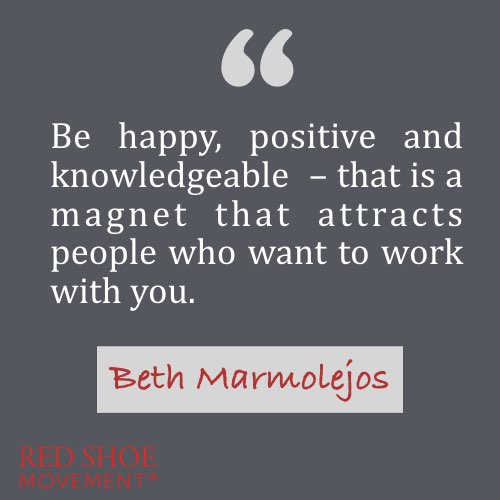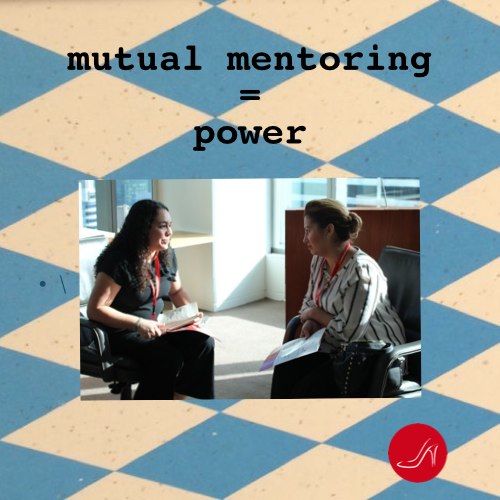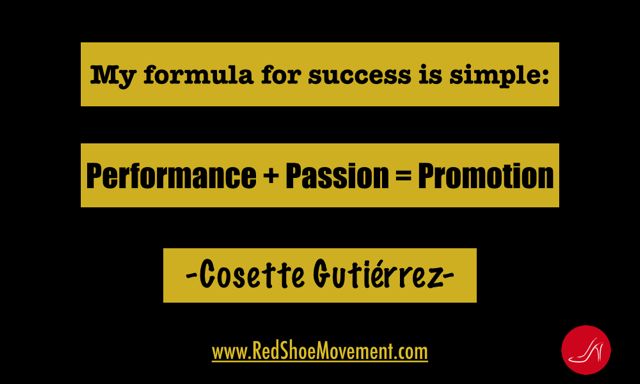- About Us
- Our Solutions
- What we can do for you
- Internal Impact – Step Up Plus
- Internal Impact – Step Up Men
- Internal Impact – Walk the Talk
- Internal Impact – Signature Event
- Signature Event 2024 Agenda
- Internal Impact – The RSM Circles
- External Impact #RedShoeTuesday
- External Impact #WingsOfCourage
- External Impact – Ring The Bell
- External Impact – Red Shoe Tuesday Destinations
- Awards
- Blog
- Destinations
- Compass Collection
- Shop
- Cart
Tag: career goals
Categories
- Business Attire Guide (3)
- Destinations (15)
- Human Resources Management (130)
- Influential People (81)
- Outcomes from Mutual Mentoring Circles in NYC (9)
- Powerful Leaders (1)
- Powerful Women (66)
- Quizzes and Tests (6)
- Uncategorized (1)
- Women Empowerment (299)
Tag Cloud
- advance your career (43)
- business networking (7)
- career goals (14)
- career success (48)
- communication skills (9)
- Corporate Leadership Development (16)
- Cultural Diversity (18)
- diverse talent (5)
- Diversity and Inclusion (45)
- Diversity in the workplace (16)
- effective leadership traits (18)
- executive presence (19)
- female leaders (25)
- finding your passion (12)
- Fox News Latino (16)
- Generation Y in the Workplace (5)
- Hall of Fame (30)
- human resources (21)
- human resources management (16)
- Latinos in College (5)
- leadership (23)
- leadership development (21)
- leadership skills (28)
- Leadership Styles (8)
- mamas latinas (6)
- Mamiverse (20)
- mariela dabbah (16)
- Millennials (9)
- Mutual Mentoring Circle (11)
- negotiating salary (10)
- overcoming adversity (14)
- personal brand (5)
- Poder de Mujer (6)
- Powerful Women Leaders (50)
- professional women (16)
- red shoe movement (8)
- Red Shoe Tuesday event (6)
- salary negotiation strategies (5)
- successful women (12)
- Susan Landon (5)
- teresa correa (5)
- women empowerment (34)
- women empowerment tips (10)
- women entrepreneurs (21)
- work life integration (18)























